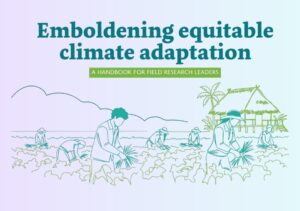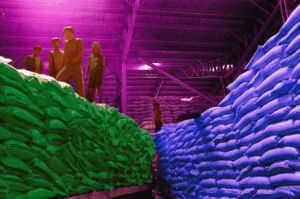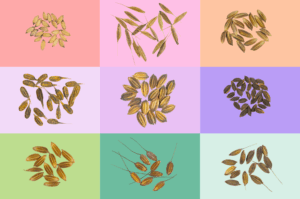Philippine Agriculture Deaprtment Secretary William Dar urged ASEAN member countries to look at rice-based food systems to help mitigate scarcity in wheat and corn amid the Ukraine-Russia conflict.
During the opening of the National Workshop on ASEAN–One CGIAR R4D Program, Sec. Dar said the region should explore insights from the rice-based food systems of Asia and Southeast Asia to counter the global challenges to regional production.
Read the story at Philstar
More on rice-based food systems:
Sustainable Impact through Rice-based Systems
The Sustainable Impact Platform drives IRRI’s strategic vision by identifying strategic research to meet current and future needs and opportunities. The Platform identifies strategic research to meet current and future needs and opportunities, fosters multi- and inter-disciplinary research amongst IRRI scientists and partners, and maps out plausible impact pathways leading to outcomes and impact.
Improving smallholder livelihoods and resilience
Income gains in agriculture have proven to be two to four times more effective at reducing poverty than growth originating from other sectors. Increased productivity and equitable access to markets are proven ways of raising income levels and creating resilience in rice-based systems.
Global rice program to explore boosting Asia’s rice-based agriculture through crop diversification
The CGIAR Research Program (CRP) on rice agri-food systems (RICE) is developing a framework for partnerships that will work to intensify and diversify Asia’s rice-based farming systems.
Under its Sustainable Farming Systems project, RICE will develop and deliver options that will improve farm livelihoods and rural diets while minimizing the environmental footprint of rice-based farming systems in potential target regions across Asia. To achieve this, the program held a workshop on 28-29 March in Bangkok to develop a framework for partnerships with other agri-food system CRPs, CGIAR Centers, and national and international institutes to improve farm livelihoods and rural diets, while minimizing their environmental footprint, through novel rice-based farming systems . Potential target regions are eastern India, Myanmar, southern Bangladesh, Laos, Cambodia, Vietnam, and Indonesia.










